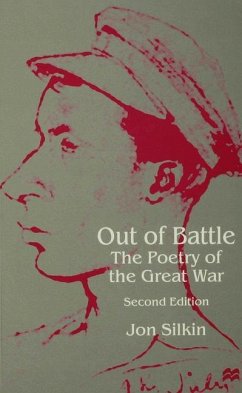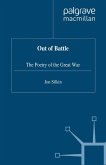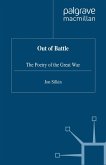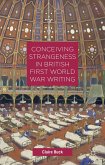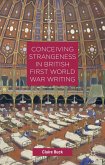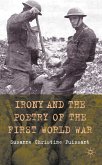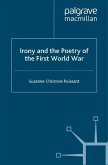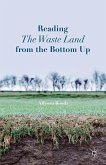The poetry of the Great War is among the most powerful ever written in the English language. Unique for its immediacy and searing honesty, it has made a fundamental contribution to our understanding of and response to war and the suffering it creates. Widely acclaimed as an indispensable guide to the Great War poets and their work, Out of Battle explores in depth the variety of responses from Rupert Brook, Ford Madox Ford, Siegfried Sassoon, Wilfred Owen, Issac Rosenberg and Edward Thomas to the events they witnessed. Other poets discussed are Hardy, Kipling, Charles Sorely, Ivor Gurney, Herbert Read, Richard Aldington and David Jones. For the second edition of Out of Battle , a substantial new preface has been added together with an appendix on the unresolved problems concerning the Owen manuscripts. An updated bibliography provides useful guidance for further reading.
'..through Silkin's subtle and informing consideration the poets take on a new individuality and stature.' - The Daily Telegraph
'a most impressive book.' - Times Higher Education Supplement
'How simulative of ever-fresh speculation is Jon Silkin's logically developed exploration, sometimes impassioned and often exciting.' - The Times
'Should find a permanent place in the literature dealing with the Great War.' - New Statesman
'a most impressive book.' - Times Higher Education Supplement
'How simulative of ever-fresh speculation is Jon Silkin's logically developed exploration, sometimes impassioned and often exciting.' - The Times
'Should find a permanent place in the literature dealing with the Great War.' - New Statesman

